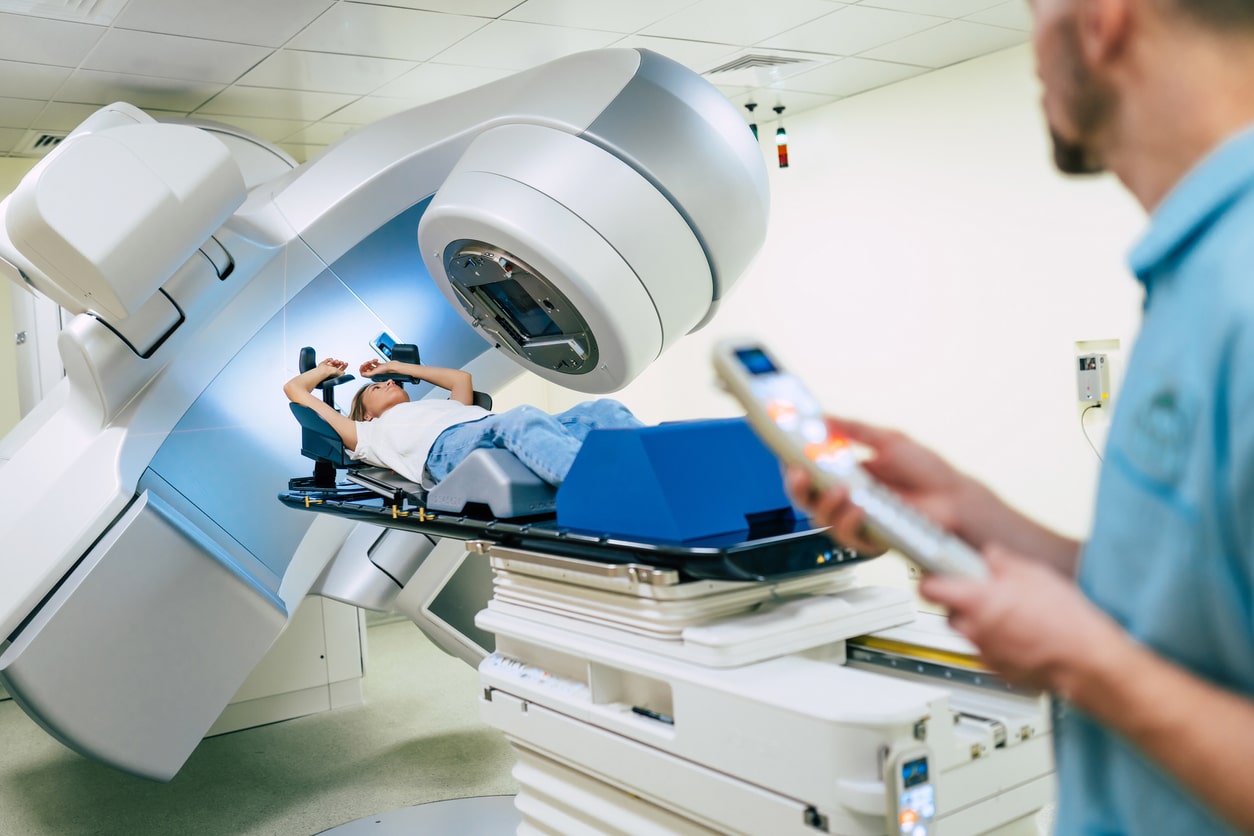In today’s technologically advanced world, the presence of radiation is unavoidable. However, understanding the different types of radiation and taking proactive measures to minimize exposure is crucial for maintaining optimal health and well-being.
This article aims to provide a comprehensive guide on preventing radiation, covering topics such as evaluating personal exposure Lead glass radiation, minimizing radiation emitted by electronic devices, protecting against the sun’s ultraviolet radiation, and safeguarding against radiation from medical procedures.
By implementing the strategies outlined herein, individuals can take control of their radiation exposure and enjoy a life free from unnecessary risks.

Understanding the Different Types of Radiation
There are various types of radiation that individuals should familiarize themselves with in order to better understand how to prevent exposure. Radiation therapy and nuclear power are two significant sources of radiation that require special attention.
Radiation therapy, also known as radiotherapy X ray warning light, is a medical treatment that uses high-energy radiation to target and kill cancer cells. While it is an effective treatment method, it is important to minimize unnecessary exposure to radiation during this process.
On the other hand, nuclear power is a form of energy production that relies on nuclear reactions. It is crucial to understand the potential risks associated with nuclear power plants and take necessary precautions to prevent radiation leaks or accidents.
Being knowledgeable about these different types of radiation enables individuals to make informed decisions and adopt preventive measures to safeguard their health and well-being.
Evaluating Your Radiation Exposure
Evaluating your level of radiation exposure is an essential step in understanding and addressing potential health risks. Whether you are exposed to radiation in a medical setting, at work, or from natural sources, it is important to monitor your exposure to protect yourself and minimize any potential harm.
There are various methods to evaluate radiation risks and monitor exposure. One common approach is through the use of dosimeters, which are devices worn by individuals to measure the amount of radiation they are exposed to over a specific period. These dosimeters can be worn on the body or placed in the environment to assess radiation levels in a particular area.
In addition to dosimeters, there are also sophisticated monitoring systems that can provide real-time data on radiation levels. These systems can be used in workplaces or public areas to continuously evaluate radiation exposure and help in implementing necessary safety measures.
Minimizing Radiation From Electronic Devices
Minimizing radiation exposure from electronic devices is a crucial aspect of maintaining a safe and healthy environment, especially in today’s technology-driven world. With the increasing use of electronic devices such as smartphones, laptops, and Wi-Fi routers, it is important to take steps to reduce electromagnetic emissions and shield these devices.
One effective way to reduce electromagnetic emissions is to limit the use of devices that emit high levels of radiation, such as cell phones, and use them only when necessary. Additionally, one can use shielding materials such as electromagnetic radiation shields or cases that are specifically designed to block or reduce radiation emitted by electronic devices.
These shields work by redirecting or absorbing the radiation, thereby reducing the amount of radiation that reaches the user. By implementing these measures, individuals can minimize their exposure to harmful radiation and create a safer and healthier environment.

Protecting Yourself From Sun’s Ultraviolet Radiation
Protecting oneself from the harmful effects of the sun’s ultraviolet radiation is a crucial aspect of maintaining skin health and reducing the risk of skin cancer. Sunscreen is an effective tool in shielding the skin from these damaging rays. When choosing a sunscreen, it is important to look for a broad-spectrum formula that protects against both UVA and UVB radiation. Additionally, the higher the SPF (sun protection factor), the greater the level of protection.
It is recommended to apply sunscreen generously and frequently, especially when spending prolonged periods outdoors. However, for those seeking natural ways to protect against UV radiation, other options are available. Wearing protective clothing, such as wide-brimmed hats and long-sleeved shirts, can provide physical barriers against the sun’s rays. Seeking shade during peak sunlight hours and using sunglasses that block UV radiation are also effective strategies.
Ultimately, a combination of sunscreen and natural protective measures can help individuals enjoy the outdoors while minimizing the harmful effects of UV radiation.
Safeguarding Against Radiation From Medical Procedures
Radiation exposure from medical procedures can pose potential risks to patients, making it essential to implement appropriate safety measures.
Radiation protection is a crucial aspect of medical practice, aimed at ensuring patient safety while obtaining necessary diagnostic information.
Various strategies are employed to minimize radiation exposure during medical procedures.
Firstly, optimizing imaging protocols is key, ensuring that the lowest possible radiation dose is used while still obtaining high-quality images.
Additionally, the use of shielding devices, such as lead aprons and thyroid collars, can protect sensitive organs from unnecessary radiation exposure.
Regular maintenance and calibration of imaging equipment are also essential to ensure accurate and safe radiation doses.
Furthermore, healthcare providers should adhere to strict radiation safety guidelines, including proper training, monitoring, and record-keeping.
Conclusion
In conclusion, preventing radiation exposure requires a comprehensive understanding of the different types of radiation and evaluating one’s exposure levels.
By minimizing radiation from electronic devices and protecting oneself from the sun’s ultraviolet radiation, individuals can significantly reduce their risk.
Additionally, safeguarding against radiation from medical procedures is crucial.
It is essential to adopt these preventive measures to maintain optimal health and well-being.